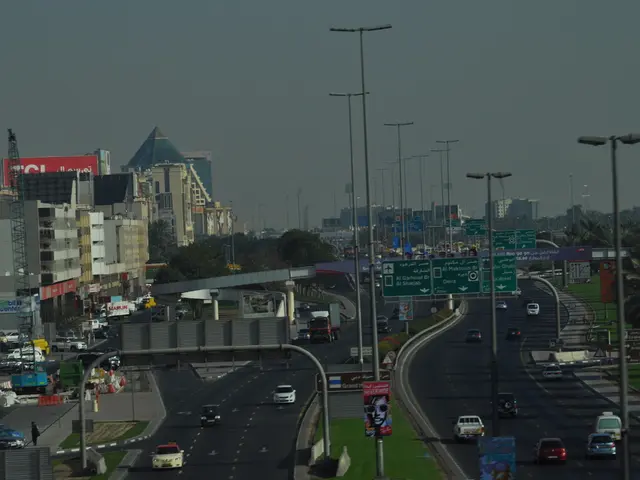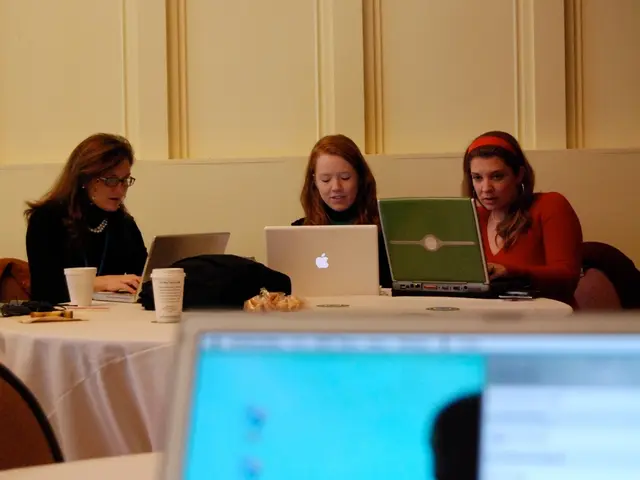Vote outcomes remain undisclosed by the Commission thus far.
3-minute Read: The Hiring of Leire Díez and Postal Voting Doubts
Political leaders from the People's Party (PP) and Vox are questioning the integrity of postal voting for the July 23, 2023 general elections, following the hiring of Leire Díez by Correos, a company known for its role in distance voting. The PP's Borja Sémper has linked Díez to distance voting, while Vox leader Santiago Abascal has expressed distrust in the postal voting process.
Leire Díez's Role in Correos and Distance Voting
After the controversy over leaked audios against the UCO, the hiring of Leire Díez by Correos has raised eyebrows among political leaders. Despite allegations from the PP, Correos has denied that Díez had any involvement in the distance voting process. The company clarified that its Operations Department is responsible for managing the distance voting process in collaboration with a significant portion of its workforce.
The Distance Voting Process Explained
The Organic Law on the General Electoral System (LOREG) regulates the entire electoral process, including distance voting. It is a process in which actors like Correos are involved, although not solely responsible, to ensure its transparency and objectivity. Distance voting allows citizens to cast their vote days before the polling station appointment, requiring voters to identify themselves twice to prevent fraud.
In the 2023 elections, Correos sends requested ballots to the elector's home, requiring another time of identification for the voter to receive the shipment. For added security, the Central Electoral Board decided to implement a third identification for voters in 2023, which was not included in the LOREG.
The Role of Correos in Voting by Mail
Before every electoral process, the Government approves an agreement that outlines Correos' role in the entire voting process, which includes making available all necessary documentation, collecting envelopes, and delivering them to polling stations for ballot counting.
Distance Voting and Misinformation
Messages questioning the integrity of voting by mail are common during elections, with doubts often raised both within and outside the European Union. In the United States, allegations of fraud have been made without evidence during recent elections. However, it's important to remember that voting by mail in Spain requires two personal identification periods, making fraud extremely difficult.
In conclusion, the hiring of Leire Díez by Correos has brought postal voting for the July 23, 2023 general elections under scrutiny, with political leaders expressing concerns about possible corruption. However, it is crucial to approach these allegations critically and remember that distance voting requires strict identification measures, making fraud difficult.
Despite critics' concerns, the average identification measures in the distance voting process, as outlined by the Organic Law on the General Electoral System, are designed to prevent fraud, with citizens being identified three times before a vote is counted.
The ongoing debate surrounding the hiring of Leire Díez by Correos, a company involved in distance voting, highlights the role of policy-and-legislation and politics in shaping public trust in the general-news domain, including crime-and-justice matters, such as voting integrity.








